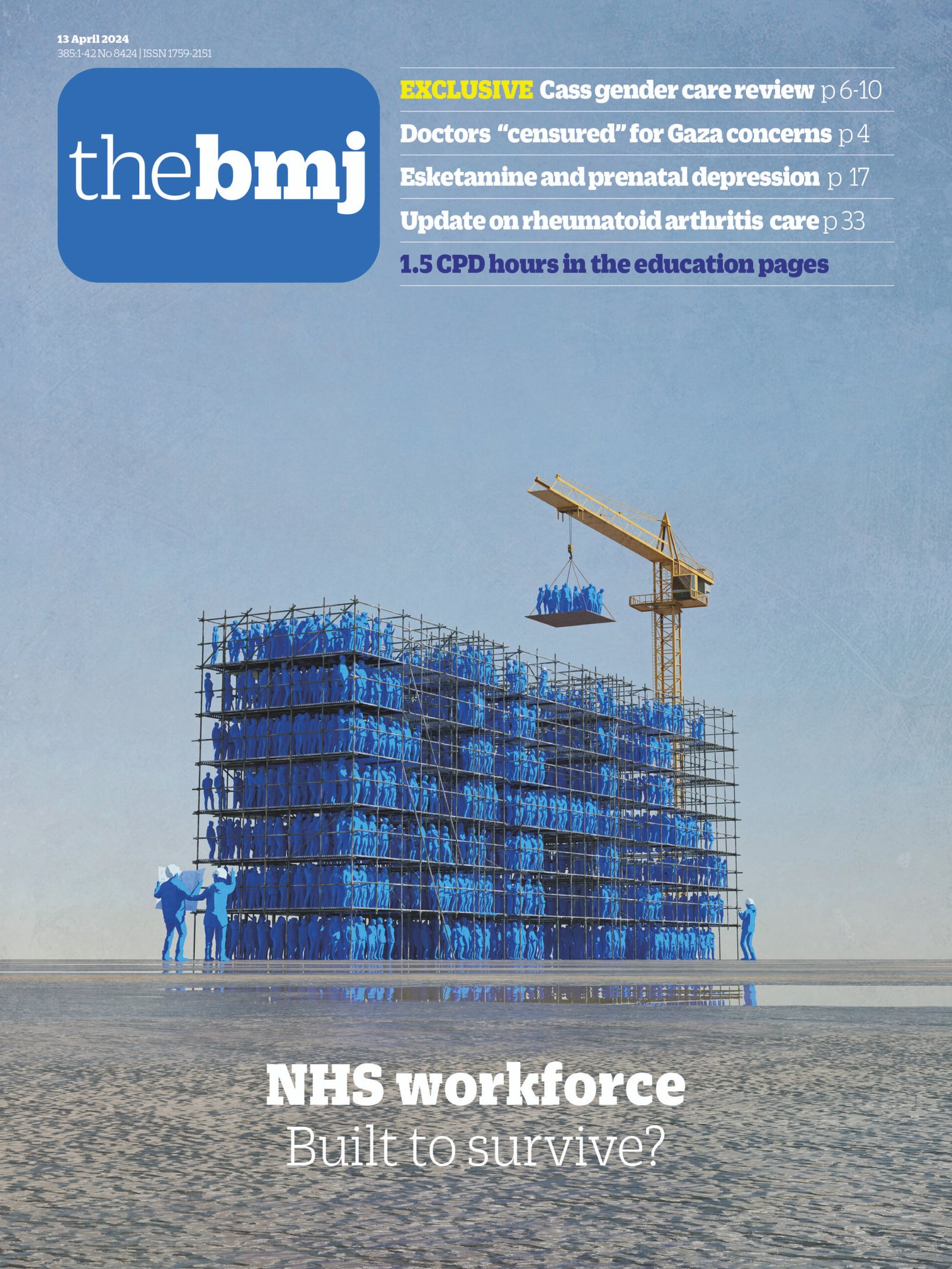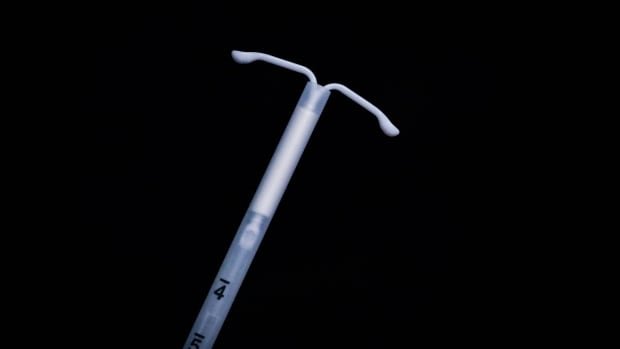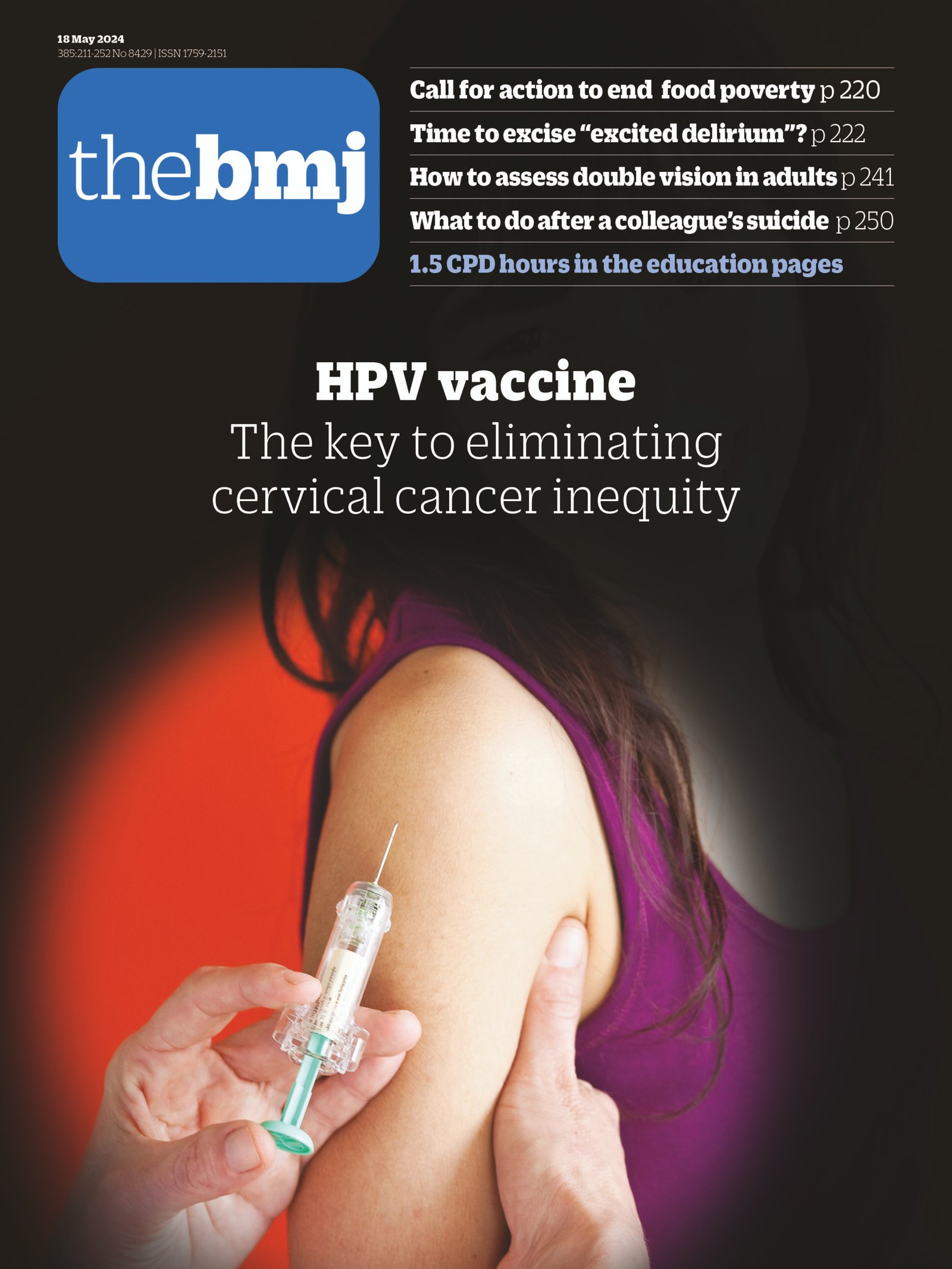Thirty organisations, including leading mental health charities and bereaved families’ organisations, have called on the UK Covid-19 Inquiry to focus on the mental health effects of the pandemic.1
In an open letter published on 10 April the charity Mind questioned why the inquiry had decided not to prioritise mental health in its third module, which is looking at the government’s response to covid-19, and the impact of the pandemic on healthcare systems, patients, and health staff.2 Public hearings for this module are due to start in September.
The letter, cosigned by 29 organisations including the Association of Mental Health Providers, Rethink Mental Illness, Bipolar UK, and the British Psychological Society, said that despite “positive indications” during from the last preliminary hearing that mental health would be “fully considered,” the inquiry had now U turned on this.

The organisations said that they were “deeply disappointed” by the move and that the “exceptionally narrow focus on the few inpatient beds that are provided to children and young people means serious questions will not be answered.”
They urged the inquiry to reconsider, warning that not including mental health “risks failing the eight million people who sought help with their mental health and were turned away,” as well as future generations who may face another pandemic.
Mind says that it is the only mental health organisation to have been granted core participant status for module 3 of the inquiry. This means that it will be able to submit evidence, call witnesses, and influence the investigation and scope.
Currently, module 3 is set to look at healthcare governance, primary care, NHS backlogs, vaccination programmes, and long covid diagnosis and support.
In the letter the organisations outlined questions they believe need to be answered, including why there was no public mental health plan, why people with pre-existing mental health conditions died at a higher rate than the general population, and why psychiatric hospitals were emptied at the same time community care was shut down.
The letter concluded, “The Inquiry was set up to examine the UK’s response to and impact of the covid-19 pandemic, and learn lessons for the future. It cannot do this without an in-depth examination of both the physical and mental health consequences of the pandemic. It must urgently reconsider its position.”
In response, a spokesperson for the inquiry told The BMJ, “The chair, Baroness Hallett, has explained that the inquiry will cover the pandemic’s impact on the mental health of the population throughout our investigations, including module 3, as well as our UK-wide listening exercise, Every Story Matters.”
The spokesperson added that the public hearings for the third module would look at mental health services for young people.
This article is made freely available for personal use in accordance with BMJ’s website terms and conditions for the duration of the covid-19 pandemic or until otherwise determined by BMJ. You may download and print the article for any lawful, non-commercial purpose (including text and data mining) provided that all copyright notices and trade marks are retained.










